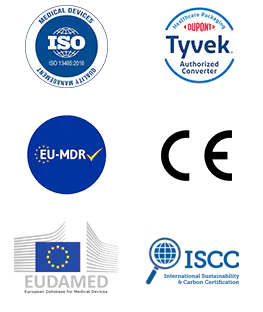Content
1. Core Protection Mechanism of the Type IIR Face Mask
Three-Layer Protection Structure, Layer-by-Layer
The Type IIR Face Mask utilizes a three-layer construction: spunbond-meltblown-spunbond (SMS), with each layer performing a specific function:
Outer Layer (Waterproof): PP spunbond non-woven fabric, protects against blood and droplet spray (meets 120 mmHg liquid barrier standard).
Middle Layer (Core Filter Layer): 25 g/m2 high-weight meltblown fabric, which intercepts particles larger than 0.3 μm through electrostatic adsorption, achieving a BFE (Bacterial Filtration Efficiency) of ≥99.7%.
Inner Layer (Skin-Friendly Layer): Soft spunbond fabric, reduces skin irritation and enhances long-term wear comfort.
Electrostatic Electret Technology: The Key to Improving Filtration Efficiency
While conventional meltblown fabric relies solely on physical barrier protection, the Type IIR mask's meltblown layer undergoes an electrostatic charge treatment, imparting static electricity to the fibers, effectively adsorbing smaller particles (such as viral aerosols), significantly improving filtration efficiency.
Optimized fit: Reduces the risk of side leakage
Shapeable nose clip design: Adapts to different face shapes and reduces leakage at the bridge of the nose.
Three-dimensional tailoring: Minimizes mask movement during breathing, ensuring full airflow through the filter layer.
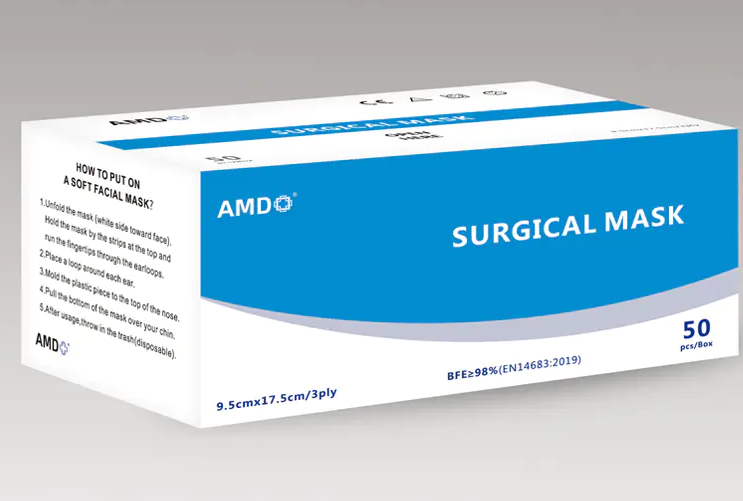
2. Type IIR Face Mask vs. Standard Medical Mask: Why is the Type IIR Mask Essential in the Operating Room?
|
Comparison Item |
Type IIR Face Mask |
General Medical Mask |
|
Bacterial Filtration Efficiency (BFE) |
≥99.7% |
≥95% |
|
Liquid Barrier |
≥120 mmHg (blood-resistant) |
No specific requirement or lower |
|
Applicable Scenarios |
Operating Room, ICU, High-Risk Procedures |
General Outpatient Clinic, Daily Protection |
|
International Certifications |
EN 14683 Type IIR / ASTM Level 3 |
Meets only basic standards (e.g., YY/T 0969) |
3. Precautions for Using Type IIR Face Masks
- Pre-wear Inspection
Confirm packaging integrity
Check the outer packaging for damage, moisture, or expiration (usually valid for 3-5 years).
Only use products certified to EN 14683 Type IIR or ASTM F2100 Level 3.
Identify the front and back
Outer layer (waterproof): Usually blue/green, with a hydrophobic coating to protect against liquid splashes.
Inner layer (skin-friendly): White, soft, non-woven fabric for direct contact with the face.
Inspect the nose clip and ear straps
The nose clip should be a flexible metal strip and free of breakage; the ear straps should be moderately elastic and free of deterioration.
- Correct Wearing Technique
Completely cover the mouth, nose, and chin. Avoid covering only the mouth; the nose must be sealed (the nose clip must press firmly to fit the face).
Incorrect Example: The bottom edge of the mask does not cover the chin, or there is a gap at the bridge of the nose.
Avoid touching the inner layer.
When wearing, only touch the earband or edges to prevent contamination of the inner filter layer with your hands.
Fit Test: After wearing, exhale and check for air leakage from the edges (especially the bridge of the nose and sides).

 English
English Français
Français Deutsch
Deutsch Nederlands
Nederlands


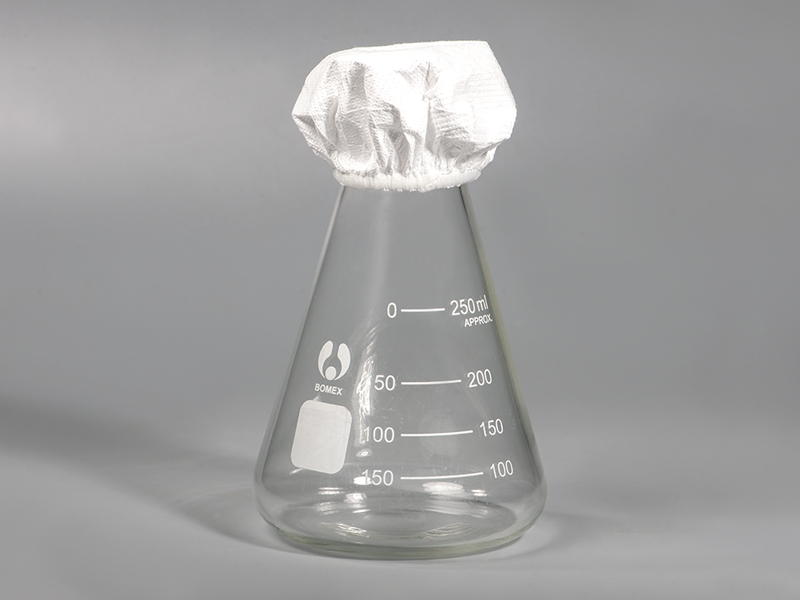
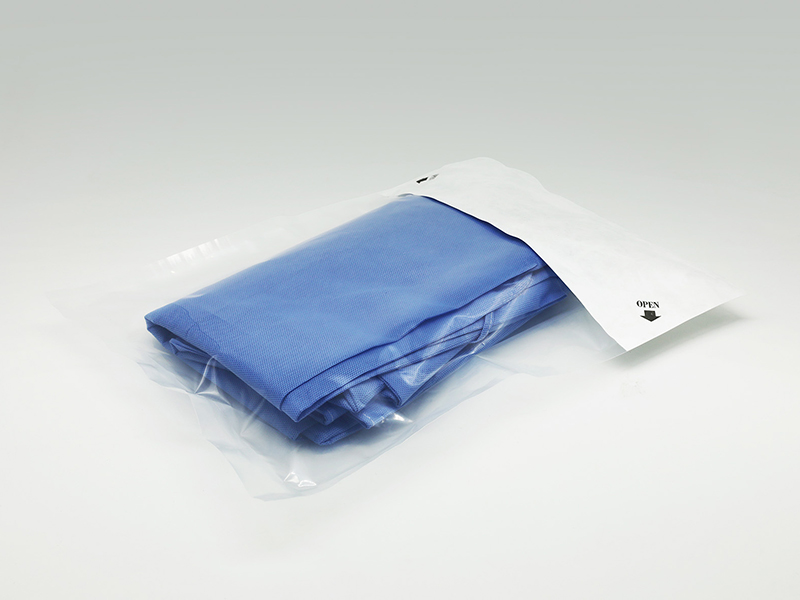






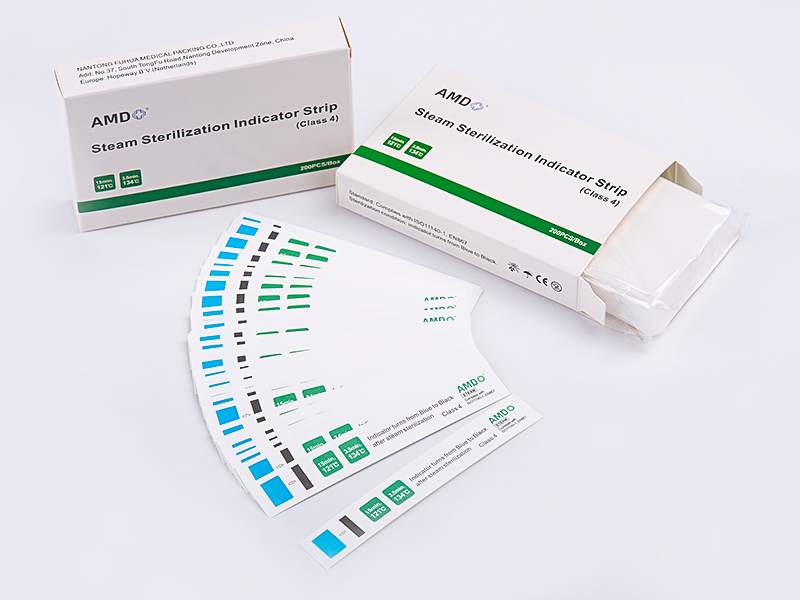
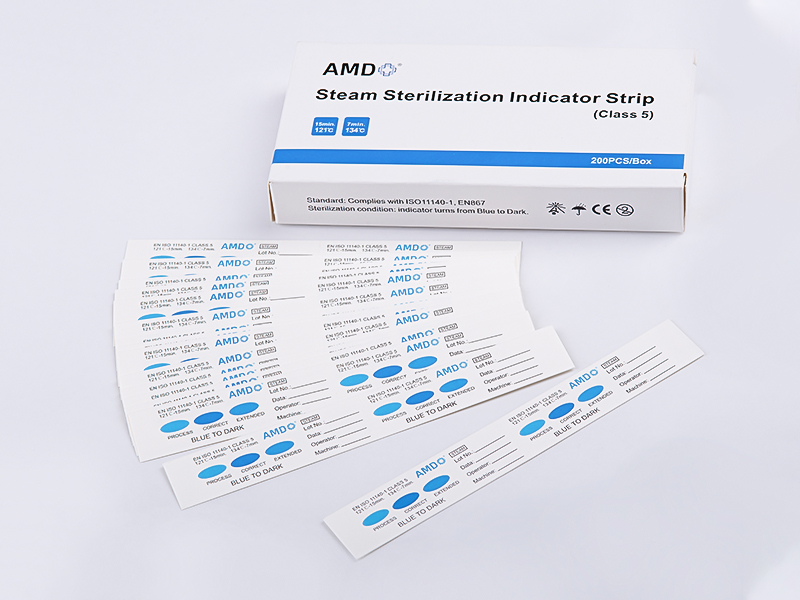

 ‘s-Gravenweg 542, 3065SG RotterdamThe Netherlands
‘s-Gravenweg 542, 3065SG RotterdamThe Netherlands
 +31 (0)10 254 28 08
+31 (0)10 254 28 08
